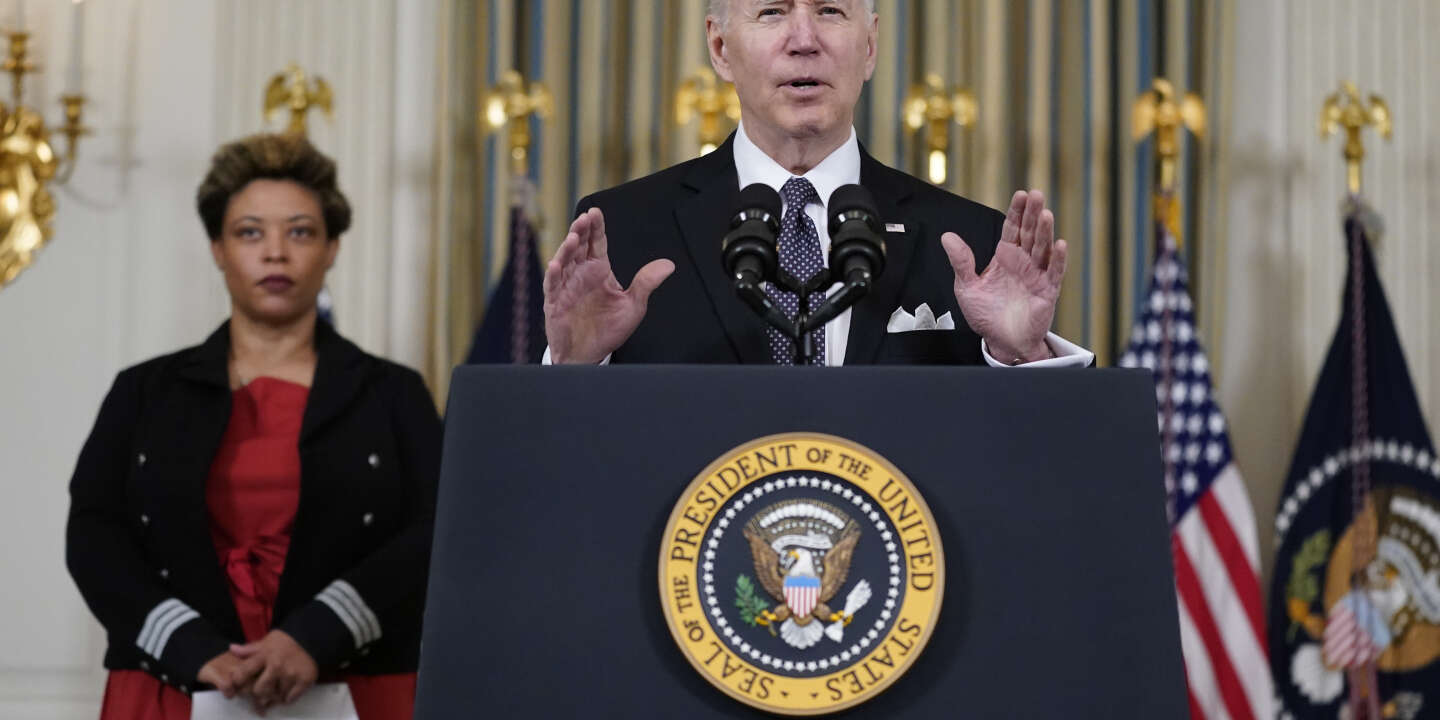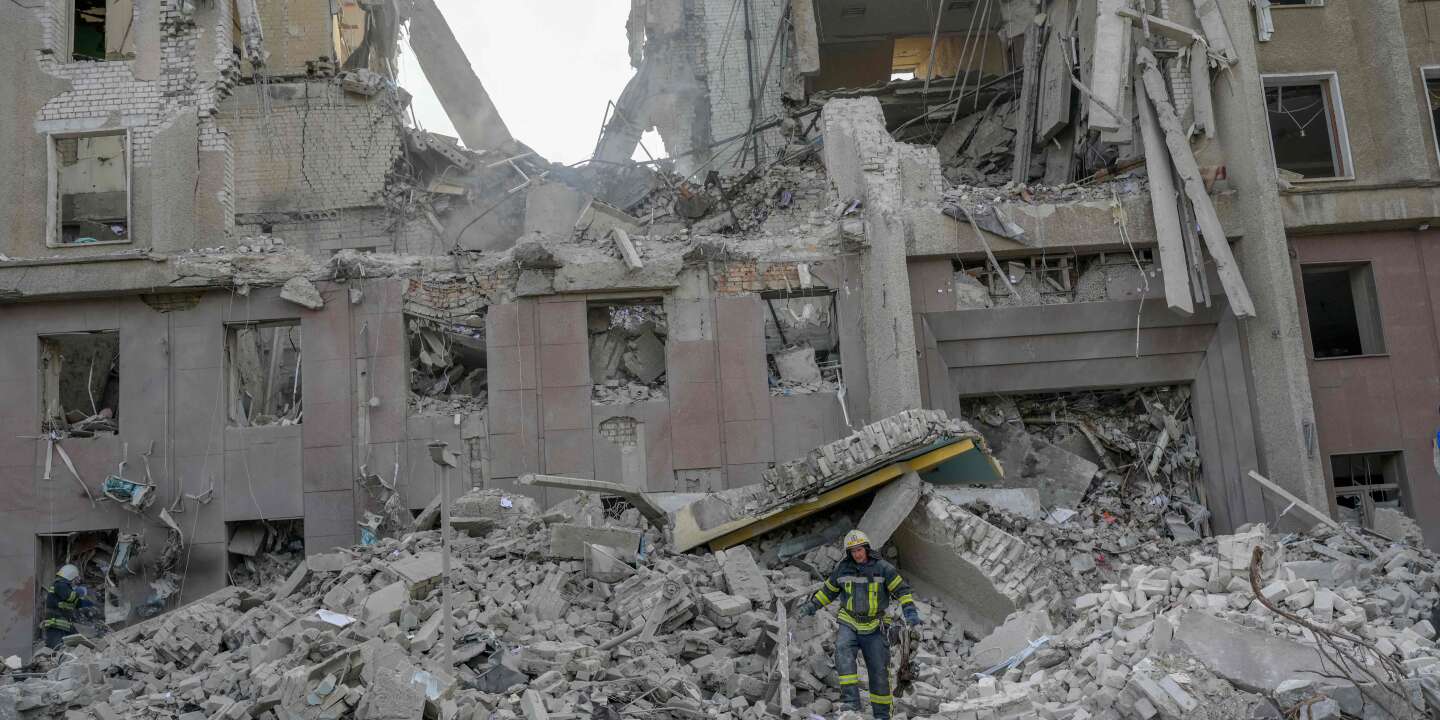France is “far from the example one would expect of her” in terms of respect for civil liberties and human rights, Amnesty International denounces in its report 2021, published on Tuesday, March 29. In particular, the organization criticizes different reception policies for migrants depending on whether they are Ukrainian or have a different nationality. “What we have seen in recent weeks is in stark contrast to the way the government spoke about the reception of Afghans last year” fled their country after the resumption of power by the Taliban in mid-August, Nathalie Godard, Amnesty International France campaign leader, told the press.
The State has set up a reception and housing scheme “at least 100,000 places”, said Prime Minister Jean Castex, for refugees fleeing the war in Ukraine. On August 16, Emmanuel Macron, in his speech on Afghanistan, called for: “anticipate and protect against significant illegal migration flows”serves Amnesty International.
mme Godard also mentions the temporary protection granted by the EU’s European ministers to refugees from Ukraine who had “also applied for Afghans, without success”† “It is an illustration of the ‘double standards’ that is much exposed today”she added.
“Humiliating Treatment”
Temporary protection allows Ukrainian refugees to stay in the European Union for up to three years, work there, access the school system and receive medical care there. Amnesty International also stigmatizes “humiliating treatment” suffered by exiles, especially in Calais (Pas-de-Calais): “Police and local authorities restricted their access to humanitarian aid and harassed them. †
Critics of the fate of migrants in Calais and Grande-Synthe (Nord) were subsequently revived the fatal demise of 27 of them who attempted to cross the Channel on November 24, with the approval of authorities, non-governmental organizations (NGOs) condemned, in particular the tearing of tents during evacuations. They denied the allegations†
In its annual report, Amnesty International also concludes that France “is a part” of the 67 countries in the world that “laws passed in 2021 restricting freedom of expression, association and assembly”†
The NGO cites the promulgation at the end of July 2021 of the Terrorism Prevention Act, which endorses in particular Individual Administrative Control and Supervision Measures (MIcas).
The Criminal Liability and Homeland Security Act of January 24, 2022, which allows the capture of footage of demonstrations by drones, according to Amnesty, constitutes, “Another step towards mass surveillance”†
Finally, the so-called law “separatism” August 24 “risk of paving the way for discriminatory practices” under the guise of fighting radical Islamism, the organization believes.



